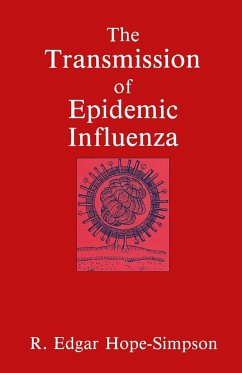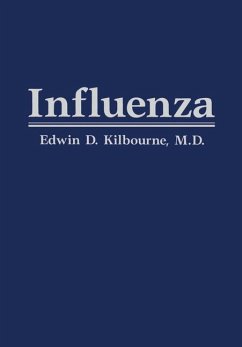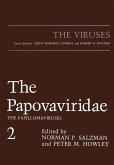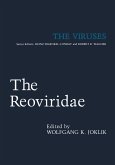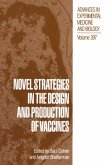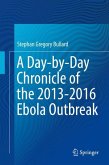THE PLAGUE YEARS Mankind has always been fascinated by "origins," and biologists are no exception. Darwin is our most famous example. What is the origin of mankind, of species, of infectious diseases? In the last few years we have seen the emergence and spread of some apparently "new" viruses, such as HIV -1 and the virus causing bovine spongiform encephalomyelopathy. But are these, in fact, entirely new agents, or mutated forms of "old" viruses that have evolved along with us for eons? Edgar Hope-Simpson could not have written this book at a more opportune moment. He is a firm believer in gradual evolution, rather than the sudden arrival of new agents. I suspect that he would also have a naturalist's Darwinian approach for the origin of AIDS. It has been a source of some amazement to me over the years how even the most innovative scientists conform to a current hypothesis. Pioneer thinking comes more easily to persons outside the scientific mainstream. Edgar Hope Simpson has always struck me as a modem-day naturalist of the classic style, observant and perhaps a little maverick in line of thought. Certainly, the central hypothesis propounded in this book will be controversial to many scientists. From his unique citadel, the Epidemiological Research Unit in Cirencester, he has carefully reexamined mortality data from old records as well as new.

